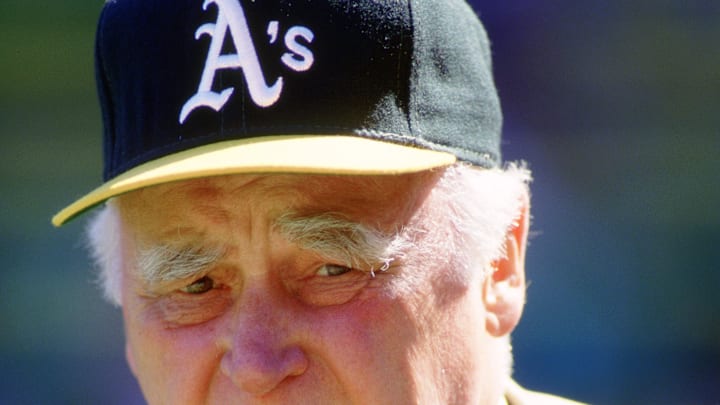
Time for Fresh Ideas
Finley was a man with unusual ideas, some of which were innovative for the day and others that were unnecessary and distracting. But as an owner, he fostered a glorious decade with multiple championships for the A's. Clearly not taking his own satirical advice, Finley took action.
When fans shout "sell the team" these days, it's not just a cry for more productive and enthusiastic ownership within one organization. The lack of effort to change has persisted since Finley made his statement 50 years ago.
This slogan signals a need for overall change among the majority of MLB owners. To increase their effort, at some cost, instead of maintaining an, at best, average status quo.
Also hot pink foul poles and traveling live mascots would be pretty great.
